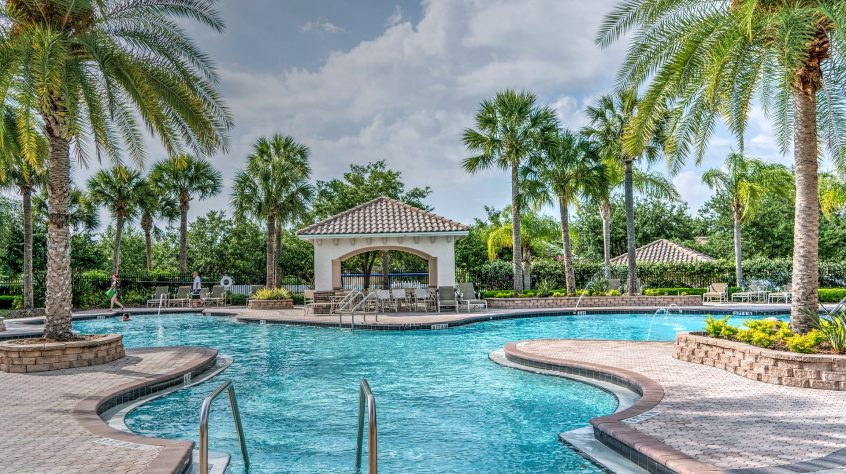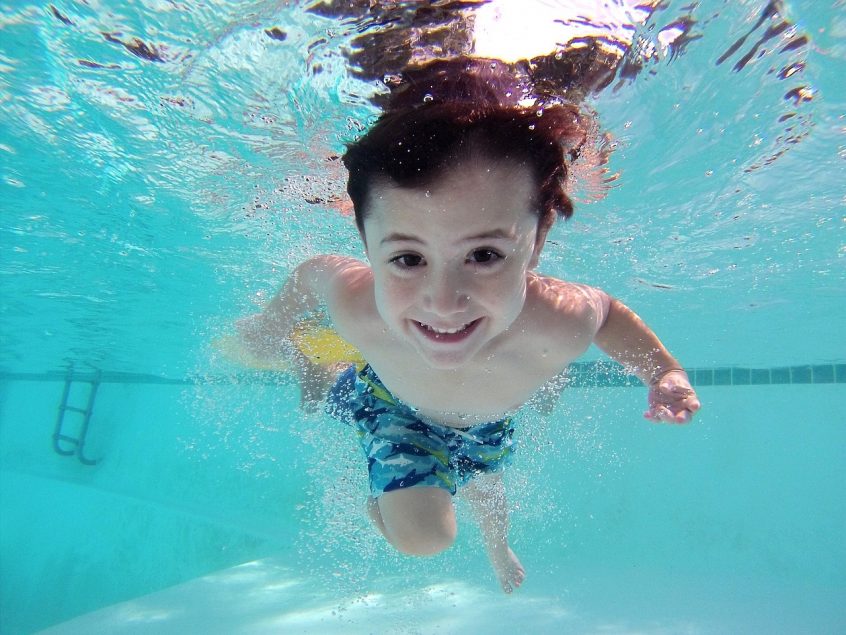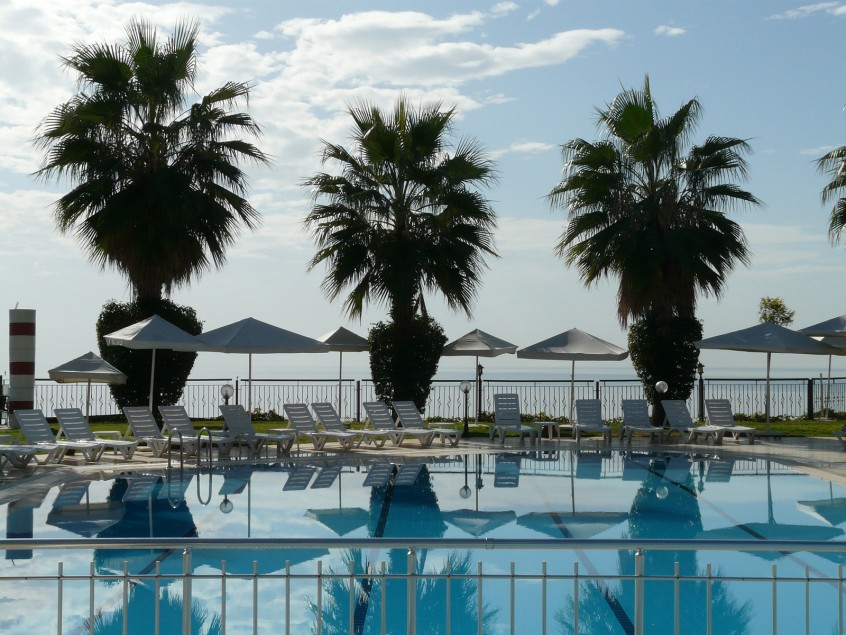When a customer brings in a water sample complaining about an algae problem, pool and spa professionals must ask themselves which chemical parameters to include in the subsequent test. If their answer does not include testing for nitrate nitrogen, they could be ignoring a key factor. In fact, nitrate nitrogen testing should be considered in every situation with a potential … Read More
Differentiating Stains and Determining Treatment
Staining is a problem many pool and spa owners will contend with at some point. It is a nuisance that detracts from a pool or spa’s overall aesthetic value and can contribute to surface deterioration. Staining can be prevented; however, the conditions, which ultimately cause it to happen must be recognized first. Once an operator understands the mechanisms causing surface … Read More
Automatic Chlorine Generators
Ten years ago, less than five per cent of Canadian and U.S. inground pool owners had heard of salt chlorination; fewer still (less than one per cent) had salt chlorination systems installed on their pools. However, in the U.S. today, there are an estimated 1.3 million inground pools equipped with salt systems, comprising 20 per cent of the country’s 5.2 … Read More
The Intricacies of Automated Chemical Controllers
Proper water balance in commercial pools and spas can be the difference between a safe, attractive facility and a disastrous one. Advances in chemical automation, disinfection methods, and better education on the problems associated with water chemistry have made the aquatic facility operator’s job easier when ensuring pool and spa water is safe for bathers. Oxidation reduction potential (ORP)/pH controllers … Read More
Understanding Water Treatment Technologies
All water treatment technologies involve a physical change to the water that they are processing. The nature of the change truly defines the technology. Subtractive treatment The most commonly understood and frequently used type of water treatment technology is subtractive; something is removed from water for health or aesthetic reasons. Contaminants are physically removed from the water using a physical separation or adsorptive process. Within the … Read More
Water Matters: A New Standard for Pool Chemicals
Everyone is familiar with chlorination of swimming pools. This is a long-standing practice that has been used for many years to help improve the safety of swimming pools and reduce the incidence of communicable diseases associated with swimming in them. In recent years, however, there has been a proliferation of new techniques to disinfect and treat swimming pool water to … Read More
Ammonia and Nitrates in Pools: Understanding How These Chemical Compounds Affect Water Chemistry
Ammonia is a colorless, strongly alkaline gas with a very familiar pungent odor. In fact, it was the first complex molecule discovered in space in the galactic dust clouds of the Milky Way. It also makes up the rings of the planet Saturn. Ammonia gas consists of one nitrogen atom and three hydrogen atoms (NH3). Volcanoes and hot springs were … Read More
Shedding Light on the Common Misconceptions About Chlorine Generators
To fully understand saltwater pool chemistry one must start by separating fact from fiction, as many misconceptions stem from a lack of knowledge. The most common misunderstanding about saltwater pools is they are fundamentally different and do not use chlorine as a sanitizer. In reality, saltwater pools use a special process to create free available chlorine (FAC), but require similar … Read More
Best Practices for Maintenance Techs to Ensure Accurate Water Test Results
Water balance in pools and hot tubs is a relatively simple concept. Take the readings from the most commonly tested parameters (pH, total alkalinity [TA], calcium hardness [CH], water temperature, and total dissolved solids [TDS]) and then use these values in a mathematical formula that produces a number. This number defines whether the water is corrosive, scale forming, or in … Read More
An Intermediate Look at Pool and Hot Tub Water Chemistry and Testing
Dealing with pool and hot tub water chemistry issues is sometimes confusing and occasionally frustrating because of the many critical components involved. A basic understanding of this topic is often not enough. Sometimes it requires ‘diving in’ a little deeper and gaining a better understanding of what it takes to maintain healthy, balanced water. The first key players in attaining … Read More









